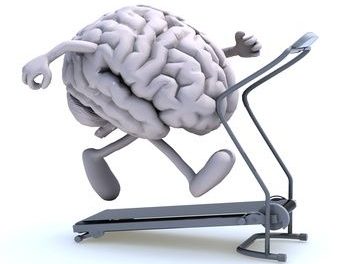A study in the Annals of Clinical Biochemistry (1986;23:667-670) found that the level of magnesium found in the red blood cells of PMS sufferers was significantly lower than those of healthy controls. Other studies have shown the value of magnesium supplementation for PMS sufferers. Subjects of another study, appearing in Clinical Drug Investigation (2007; 27(1): 51-8), were supplemented with magnesium (250 mg/day) after being observed for three months without supplementation. The women were given the magnesium for only part of their cycle (from 20 days after the start of the last cycle until the beginning of the next cycle). The study lasted for three cycles and found a 33.5% reduction in symptoms according to the Moos’ Modified Menstrual Distress Questionnaire. An article appearing in Family Practice News (March 1, 1996;33) cites two small studies that show magnesium supplementation to be useful for patients who have migraine headache associated with their cycles.
Magnesium is the cofactor for over 300 chemical reactions in the body. Deficiency can cause a variety of health problems. According to an article appearing in Pediatric Asthma, Allergy and Immunology, (1993;7(4):211-215), symptoms of magnesium deficiency can include PMS and headaches. Other symptoms include high blood pressure, nervous irritability, hives, fibromyalgia and even heart problems. Mood swings and breast tenderness associated with the menstrual cycle are commonly seen in women who are magnesium deficient.





